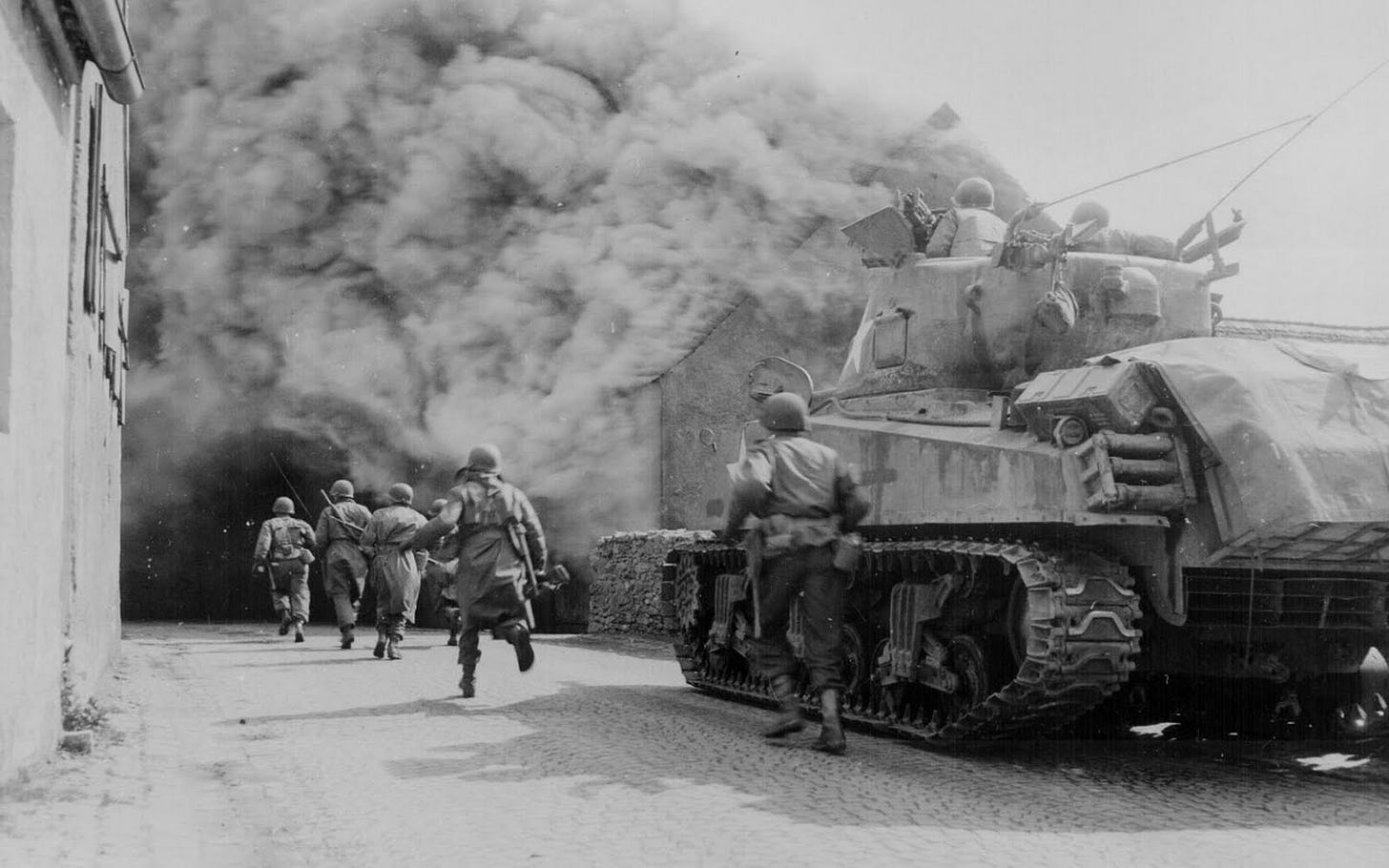War Simply Leads to Mass Homelessness and More Displaced People
By Stephen Wilson, one of our reporters abroad
During the War of the Austrian Succession {1740-1748}, King Louis XV magnanimously surrendered all his gains in Europe to attain peace under the Treaty of Aix-la Chapelle. Posterity hasn't done the King any credit. His prudence was perceived as sheer stupidity. The result was that the angry French coined the saying 'stupid like peace.' King Louis XV 's role as a peacemaker is scarcely remembered. And few remember the well-intentioned efforts of the last emperor King Charles of the Austrian Hungarian Empire to broker peace during the First World War. Any peace which surrendered territory was viewed as either stupid—or worse—as a form of treason. Peace was seen as stupid as it was not politically prestigious, or resonated with a blind crass patriotism. Given the failure to achieve peace in many parts of the world it appears the saying 'stupid like peace' is again in vogue. Peace initiatives are spurned again and again. So called security and gains in territory are prioritized over the tragic loss of lives.
Of course, historians could claim that many treaties such as the Treaty of Aix-la Chapelle led to the Seven Years war and the Versailles treaty of 1919 was a major cause of the Second World War. They turned out to be foolish peace agreements. But surely the saying 'stupid like war' would be a more appropriate and accurate saying !
After all, what's intelligent about bankrupting an economy through overspending on a war economy, destroying homes, and making countless people dead, disabled and deeply traumatized?
However, there is no lack of apologists for war. You 'll hear all kinds of arguments. For instance, you will hear that the First World War led to national self-determination, more technical innovation, and greater poetry.
When you read many military history books, the stress is largely on strategy, tactics, and weapons choices. War is rendered abstract. The destruction of houses and mass homelessness seldom gets a mention. You rarely hear how disabled war veterans were not allowed to take part in military parades.
The historian Anthony Beevar wrote, “In the Soviet Union the limbless 'samovars' were banished from the streets. This was the fate, with its implicit loss of manhood, which every Red Army soldier had feared far more than death. The cripples were an embarrassing reminder that a purgatory existed between the heroic dead and the heroic survivors who parade with their medals on every anniversary” {see page 946 of Anthony Beevor, “The Second World War,” 2012, London: Orion Books}.
In the 1970's, you could once purchase a model kit of a Sherman tank by the model kit company Airfix. But in one picture that went with the kit you could see a dead German paratrooper grinning manically. A grotesque image of war had peeped into the leisurely and laidback world of modellists. The public were shocked to see this picture. So it was quickly withdrawn.
When the Russian officer Chuikov was fighting at Stalingrad he called for reinforcements and reminded the generals that “Time is blood.” But I think that the American soldiers were more accurate when they reflected that serving under Patton {nicknamed ‘Blood and Guts’} lamented that “It's our blood and his guts.”
It is high time people had the courage to tell war for what it is! Not war in the abstract or minus the trauma but war in the concrete—that it scars generations and leads to mass homelessness and displaced people.
The folklorist Calum Maclean stated, “There are two histories of every land and people--the written history that tells what it is considered politic to tell and the unwritten history that tells everything” {see page 31 of “The People's Past: Scottish Folk and Scottish History,” edited by Edward Cowan, 1991, Edinburgh: Polygon}.
Well, maybe not everything but much much more than written history…




